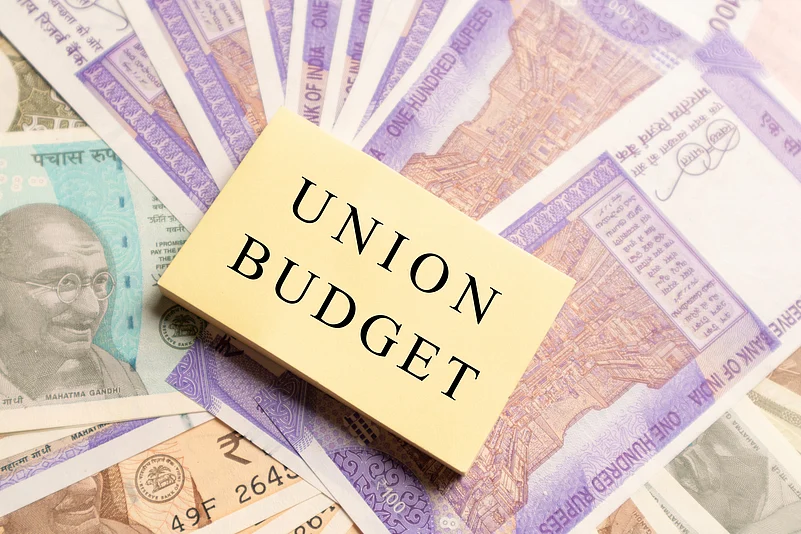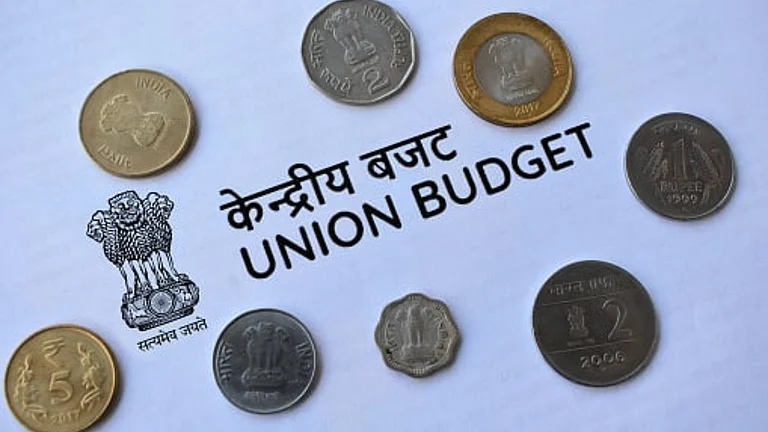The Finance Minister, Nirmala Sitharaman is all set to present the Union Budget for FY 2025-26 on February 1. Ahead of the presentation of the Budget, it is being speculated that the Finance Minister might introduce a ‘New Direct Tax’ law as a part of the budget. A report by the PTI claimed that the legislation is expected to simplify existing provisions and eliminate redundant provisions. Additionally, a committee is also considering whether the 63-year-old Income Tax Act should be divided into two or even three parts.
The report also said that the proposed legislation will be a completely new framework and not a mere amendment of the current Income Tax Act.
“The new Income Tax law will be introduced in the Budget session of Parliament. It will be a new law and not an amendment to the existing Act. Currently, the draft law is being vetted by the law ministry and it is likely to be brought in Parliament in the second half of the Budget session," the report said.
Earlier in 2024, Finance Minister Nirmala Sitharaman pledged that a comprehensive will be conducted within six months to resolve any current intricacies and conflicts. Following the Budget announcement by Sitharaman calling for a comprehensive review of the IT Act, 1961, the CBDT has formed an internal committee to oversee the review process.
Sameer Gogia, the Executive Director-Tax at Deloitte said that the document is in the preliminary stages at the moment. However, he added that the government is likely to create a single tax regime by scrapping the old tax regime.
“I think it's very preliminary right now. The reason is that the direct tax code is still not in the public domain. And I think the government’s intention is always to go in for one single regime, the new regime. So they are just phasing out the old regime, but still people have certain deductions and things available. So ideally if the direct tax code, if they present it, it will be applicable after a year or so and they will eventually merge to a single regime,” Gogia told Outlook Money.
Tax and investment expert, Balwant Jain said that the government is likely to scrap the old tax regime as it wants people to report their actual income without the addition of tax-deductible investments.
“Looking at the fact that the government has not increased the threshold limit of various benefits available under the old tax regime. The government wants people to report their actual income. These exemptions and reductions distort the income reported. So the government wants actual income to be reported. They probably do away with the old tax regime because the government is biased towards the new tax regime looking at the fact that they have enhanced the standard deduction,” Jain said.
Gogia also said that the government is unlikely to revise the income tax slabs in the new Direct Tax Law. He added that while there’s speculation regarding the reduction of income tax, the relief is unlikely to be there because the corporate tax has not been raised the way personal tax has increased and the government has to make up for the deficit.
“I think the buzz is around that they might give certain, but the reason is that the personal taxation, individual taxation, they have increased the collection on individual taxation. However, the corporate tax has not increased or been at par with personal tax. So the deficit in corporations has to be taken by personal taxation. So I believe because of the budget constraint, it will be difficult for them to reduce the slab, but as far as personal taxation is concerned,” Gogia said.
Gogia added that the introduction of the Direct Tax Bill is also aimed at simplifying the Income Tax Act. He added that while aspects such as the Income Tax Return filing system is already simplified, the introduction of the bill is likely to further simplify the process.
“See, the ITR filing system is already quite simplified. But they might come up with a direct tax code, definitely, there'll be a much more simplified form and filings. Because we do not have that much section with regard to capital gain or other things. It'll be much more specific,” Gogia said.
Jain also said that with the introduction of the Direct Tax Bill various exemptions and deductions may be removed which would then simplify the process of filing income tax returns. He added that the removal of such provisions is aimed at making the process of tax filing easier for common taxpayers who may not understand the technicalities of the provisions of the Income Tax Act.
“If the various exemptions and deductions are removed and tax years are taxed based on their actual income. Then there are five heads, you have to just report the income to the five heads and then I think the indexation benefit has been done away with in the past. I think it will make filing easier for a layman who is not aware of all the directions and exemptions available to a taxpayer,” Jain said.
Jain also mentioned that the removal of deductions is also likely to reduce the litigation involved in tax disputes as under the new tax regime only the actual income of an individual is taxed and there are no exemptions and deductions.
“When the exemptions and deductions are removed, a significant portion of litigation will automatically die down because when you are taxing the actual income, then there is no question of two opinions about a particular income being taxable or not. Plus, the government has been issuing guidelines to its departments prescribing the threshold limit of tax impact beyond which they should not go and appeal to the higher authority,” Jain said.
Gogia added that the new bill is also aimed at reducing redundancy in the Income Tax Act by removing provisions which have become obsolete with the introduction of the Standard Deduction in the New Tax Regime.
“See there are certain deductions in section 80 which were for export-oriented or other things which are still existing in the act plus with regard to salary and with regard to housing there are many clauses and deductions available which ideally are not useful because right now we are looking at a standard deduction as far as salary is concerned or house property is concerned so the government is conscious of the fact that there are certain exemptions which are no longer in use,” Gogia said.
















